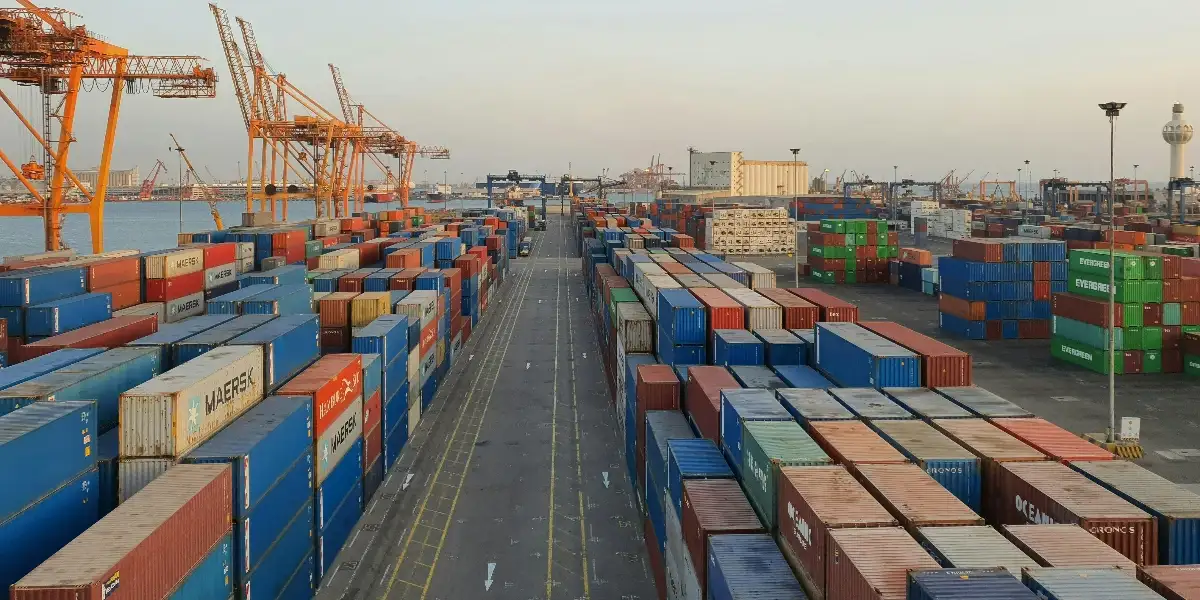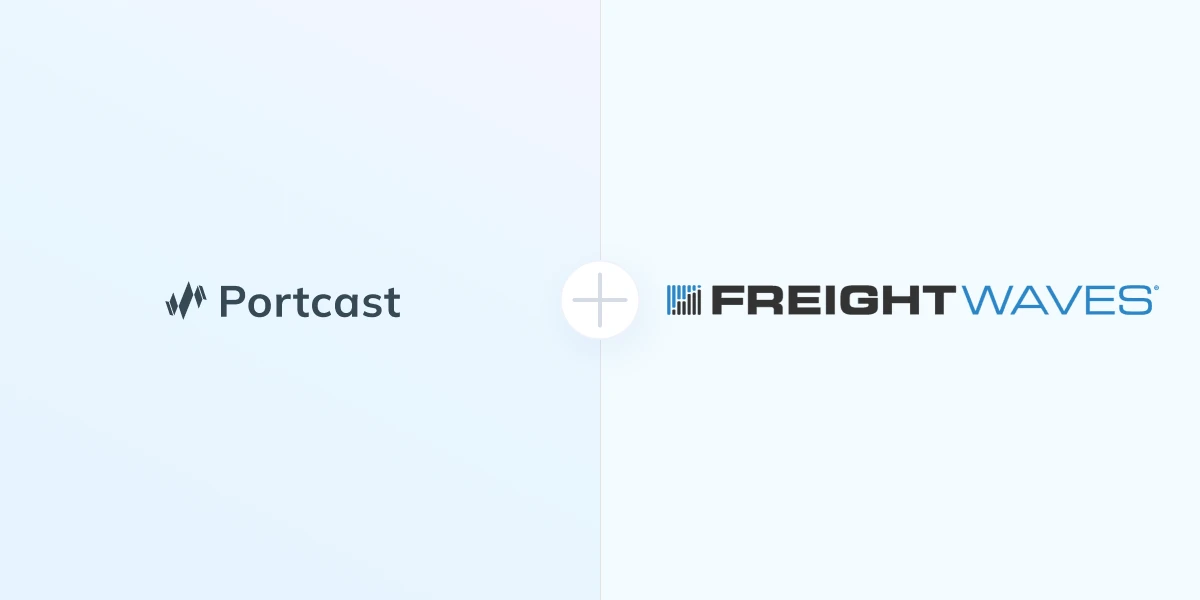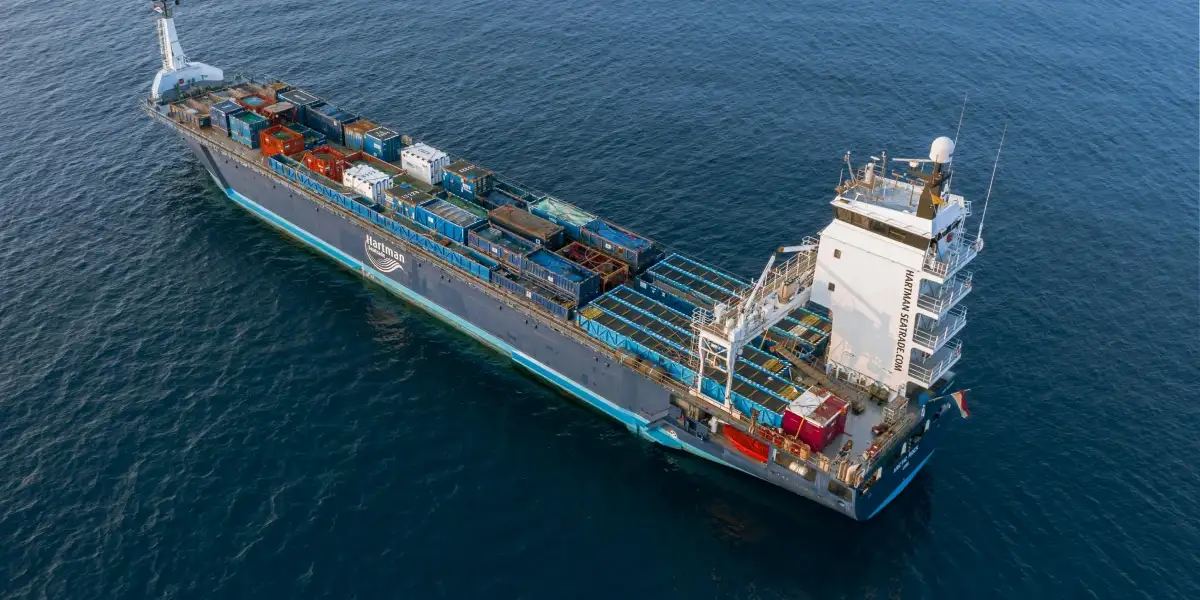Enhanced Due Diligence (EDD)
Enhanced Due Diligence (EDD) refers to an in-depth examination of the involved parties in a transaction, often conducted to mitigate risks in international trade and shipping.
In ocean shipping, Enhanced Due Diligence (EDD) involves an in-depth investigative process undertaken by shipping companies, freight forwarders, and other entities engaged in maritime trade to assess and manage potential risks associated with specific transactions, partners, or cargo. EDD in ocean shipping extends beyond routine checks, focusing on comprehensive financial, legal, and operational analyses to ensure compliance with regulations and mitigate risks related to illegal activities, sanctions, or other illicit practices.
Importance of Enhanced Due Diligence (EDD)
Ocean shipping transactions involve numerous stakeholders, complex logistics, and international regulations, making EDD a critical component of risk management in the maritime industry. EDD is particularly crucial in scenarios where standard due diligence may not provide adequate insights into potential risks associated with specific shipments, clients, or routes.
Enhanced Due Diligence (EDD) in Ocean Shipping include:
- Sanctions Screening: Rigorous checks to ensure compliance with international sanctions, preventing the involvement of vessels, companies, or individuals associated with sanctioned entities.
- Cargo Verification: Thorough examination of cargo details, including verifying the authenticity of the goods, ensuring compliance with international trade regulations, and assessing the potential for smuggling or illegal activities.
- Ultimate Beneficial Ownership (UBO): Identification and verification of the ultimate beneficial owners of entities, particularly in complex ownership structures, to enhance transparency.
- Vessel Ownership and History: Detailed scrutiny of the ownership structure, history, and operational activities of vessels involved in shipping transactions to identify any red flags or potential risks.
- Geopolitical Considerations: EDD considers geopolitical factors, assessing the potential risks associated with specific regions or jurisdictions.
- Compliance with Environmental Regulations: Evaluation of a shipping entity's adherence to environmental standards and regulations, particularly concerning emissions, waste disposal, and other sustainability practices.
- Cybersecurity Measures: Assessment of cybersecurity protocols to safeguard against cyber threats, data breaches, and potential disruptions to maritime operations.
Enhanced Due Diligence in ocean shipping aims to improve transparency, ensure regulatory compliance, and safeguard against financial crimes or illicit activities that may occur within the complex network of global maritime trade. By implementing robust EDD practices, stakeholders in ocean shipping can contribute to a more secure, efficient, and compliant maritime ecosystem.







